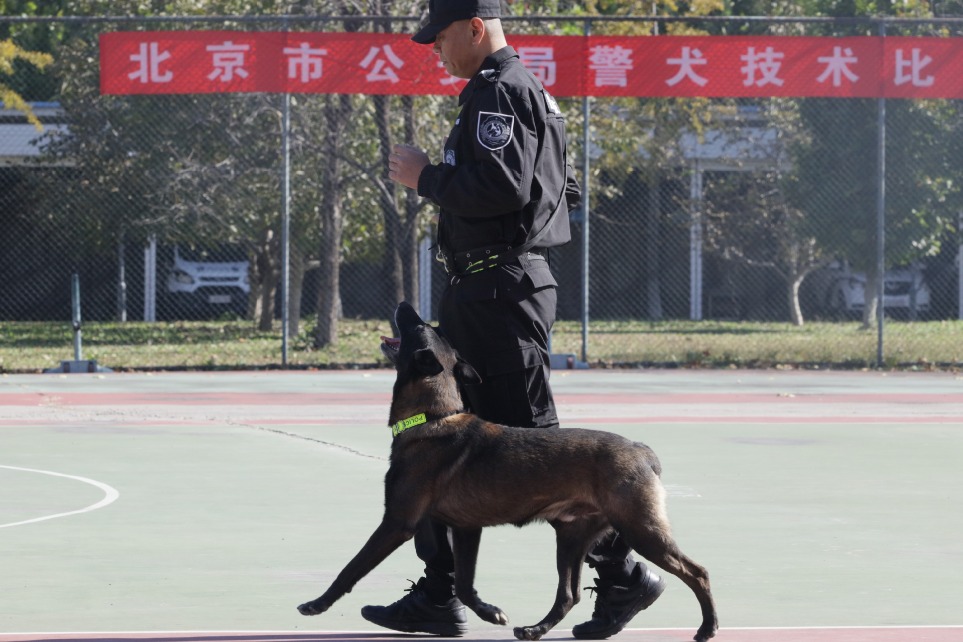Chinese scientists discover gene associated with prostate cancer

BEIJING - Chinese scientists have identified a new gene strongly associated with prostate cancer, offering new methods for diagnosis and treatment of the disease.
The newly identified biomarker, PCSEAT, was discovered by scientists from Suzhou Institute of Biomedical Engineering and Technology.
The research reveals that PCSEAT is overexpressed in prostate cancer patients, indicating that PCSEAT may be a potential therapeutic target. The research was published in the journal "Biochemical and Biophysical Research Communications" in May.
Based on the research, they have developed an early diagnosis for prostate cancer and applied for a patent. The application can significantly improve the accuracy of prostate cancer diagnosis and reduce the cost of diagnosis and treatment.
China has seen increasing cases of prostate cancer in recent years.
- China completes gene expression profiles of human digestive tract
- UK and China inject 47 million pounds into fight against superbugs
- Chinese scientists develop bionic nanodevice to combat breast cancer
- Mutation discovery could help prevent genetic disorders
- Researchers find fungus used in traditional medicine can fight cancer
- African officials visit Ningxia e-commerce poverty relief workshop
- Beijing issues fog alert with visibility dropping below 500 meters
- Exclusive interview with the designer of the 15th National Games mascots after their viral social media debut
- Xi to meet with Trump on Oct 30 in ROK
- Latest bulk drug procurement includes 55 medicines
- Global forum explores Xizang's modernization





































